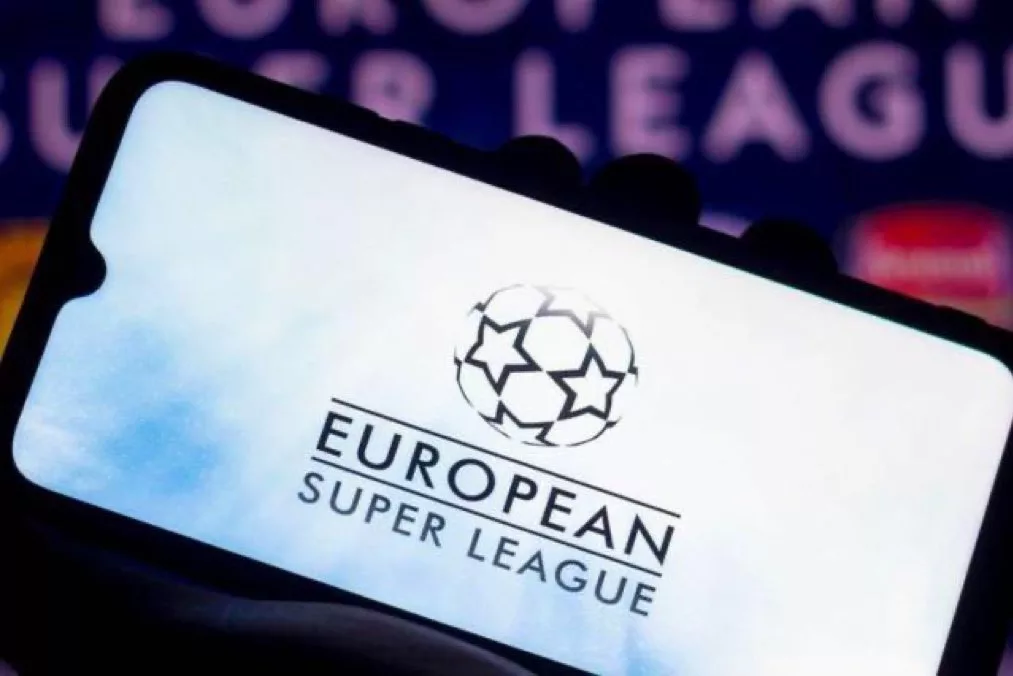The European Court of Justice has ruled that prohibiting clubs from participating in a European Super League was illegal, asserting that Uefa and Fifa engaged in “abusing a dominant position.” The case was initiated by the ESL and its supporters, contending that Uefa and Fifa violated competition laws by threatening sanctions against those affiliated with the breakaway league.
Europe’s highest court sided against the governing bodies, specifying that this did not automatically endorse the approval of a breakaway league. In a prior report from December, the ECJ affirmed the compatibility of football’s European and global governing bodies’ rules with EU competition law.
This verdict is perceived as a setback to the authority of Uefa and Fifa in overseeing the game. Despite the ruling, Uefa expressed confidence in the robustness of its rules, which have been instituted since the inception of the ESL, assuring compliance with relevant European laws and regulations. It emphasized trust in the protection of football’s existing structure against breakaways through European and national laws.
The ESL, envisioned as a midweek competition with two groups of 10 teams and a subsequent play-off phase, sparked outrage due to the preferential treatment of the 12 founding clubs, shutting out most other European clubs. Fans protested the league, citing its potential harm to European leagues and accusing clubs of prioritizing greed over supporter considerations.
The ECJ’s report emphasized that when new competitions enter the market, Fifa and Uefa must ensure transparent, objective, non-discriminatory, and proportionate powers. It contended that the arbitrary nature of their rules constitutes an unjustified restriction on the freedom to provide services.
Bernd Reichart, CEO of ESL-backed A22, celebrated the ruling on social media, claiming the ESL’s right to exist and declaring the end of Uefa’s monopoly. Real Madrid and Barcelona, two clubs still interested in the ESL, welcomed the decision, asserting that clubs are now in control of their own destiny.
The ESL saga began in April 2021 with 12 teams, including prominent English clubs, signing up for the breakaway competition. Intense backlash led to the collapse of the plans within 72 hours, with fines imposed on some clubs. Although the ESL has not been entirely abandoned, Real Madrid and Barcelona remain the primary proponents of the venture. Spain’s La Liga characterized the “Super League” as a selfish and elitist model, emphasizing the importance of open access through domestic leagues.


